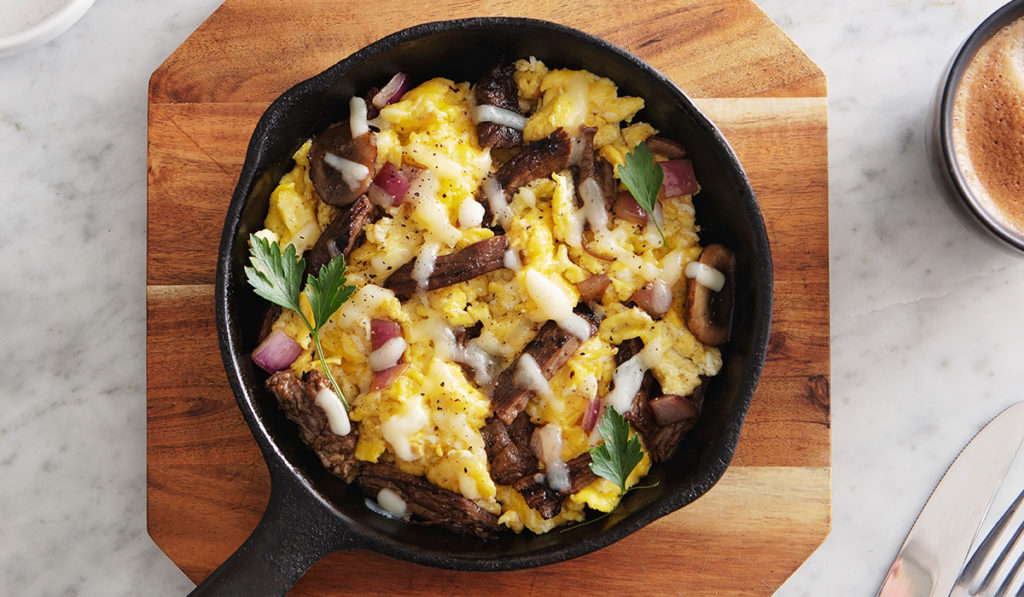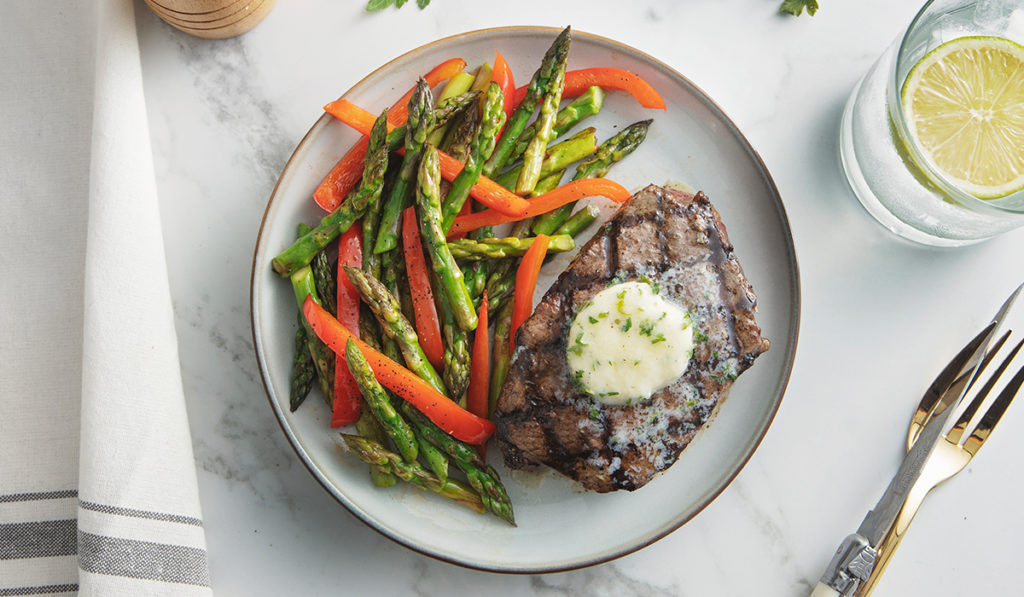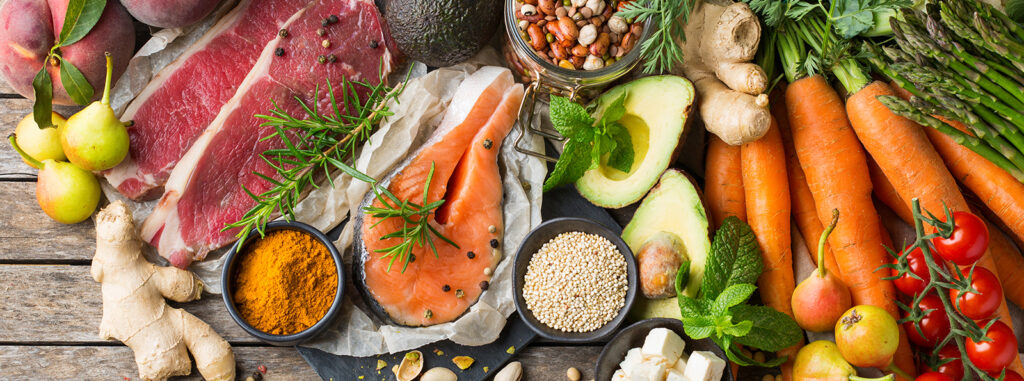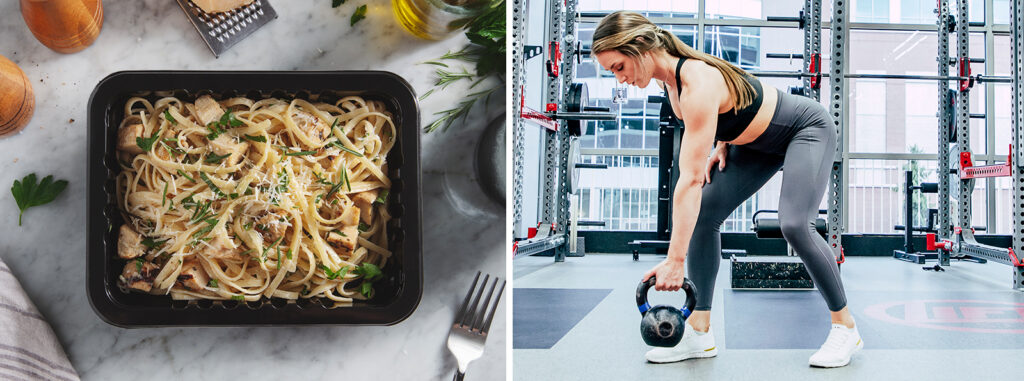Why do people gain weight during the holidays? Because they eat more. It’s a no-brainer. However, that doesn’t answer the more important underlying question: Why do people go into a flurry of overeating at the same time every year?
The answer could be social pressure. End-of-year holidays are socially sanctioned occasions to relax and eat what you want, but people still feel guilty about it. They’ll pressure you to join so they can feel better about it, or you might just pick up on psychological cues to keep up with the overeating of others around you.
Even if you’re especially strong-willed, the stress of the holidays itself could drive you toward comfort foods. Not many people comfort-eat celery sticks, so you’ll be more likely to indulge in cookies, cakes, and other unhealthy foods. Your broken routine might also make going to the gym to work out impossible, increasing your stress and your tendency to binge.
These elements plus any emotional connections you might have to holiday foods are all seasonal cues that lead to overeating. If you’re actively trying to stay healthy, then don’t passively accept those cues. Instead, learn to recognize them and consciously make smarter choices.
Prepare for It, Then Plan to Reverse It
In a study published in the New England Journal of Medicine, researchers found that people all over the world gain an average of 0.5 percent more weight during their respective holiday seasons. Instead of playing damage control afterward, you can face that statistic head-on and balance your weight gain with higher-quality foods.
For example, eating enough high-quality fat, such as from grass-fed animals and dairy, will give you a foundation of “good enough” nutrition to defend against overeating everything else. Also, starting each day with a protein-rich breakfast can help you control your hunger throughout the rest of the day.
You can even enjoy most of the holiday goodies if you plan ahead. For instance, don’t tell yourself that indulging is a sin. If you slip and have a cookie, then you’ve given yourself an excuse to keep indulging — you’ve been bad already, might as well keep going, right? Not really. Instead, plan out how many indulgences you’ll allow yourself so that you can enjoy them with a clear conscience.
Once the holidays are over, you will have minimized most of the extra weight you gained during the season. However, given the intensity of overeating cues this time of year, you might still have some weight gain to reverse. Fortunately, you can do so more easily and with more satisfying results by following these steps:
1. Keep eating.

After binge-eating over the holidays — even if it was controlled — you might feel like skipping meals entirely for a while to balance it out. Unfortunately, that will just make you hungrier, which will make it more difficult to stick to a healthy meal plan.
Several studies have shown that a higher protein intake can positively impact weight loss and maintenance, especially for short-term goals like reversing holiday weight gain. The day after a calorie blowout, pack your breakfast plate with plenty of protein so you won’t be tempted to keep snacking throughout the day.
2. Forgive yourself.

You might not have had the heart to turn down grandma’s cookies or famous stuffing, or maybe scarfing down mom’s marshmallow sweet potatoes was just part of catching up. Either way, it’s OK, as long as you accept that you won’t feel good later, forgive yourself for it, and let it go.
Remind yourself that there is no bad food. Consider those slip-ups as well-deserved treats and their memory as motivation to lose the extra weight. Also, remember that beating yourself up only leads to more stress, and consequently, more comfort eating.
3. Burn some energy.

Keeping yourself well-fed and letting go of guilt will give you the energy and time you’ll need to get back to your workout routine. You will not only burn calories, but you’ll also enjoy a more positive mindset and greater motivation to make smarter food choices moving forward.
In the spirit of the new year, try mixing up your workout to improve your muscle tone, boost your athletic performance, or simply speed up your weight loss. For example, workouts like sled pulling and dragging, kettlebell swings, and combo calisthenics can help you burn calories at a much higher rate, especially if you alternate them.
4. Put it on paper.

From your grocery list and meal plans to your daily workout schedule — even your specific weight loss goal — put it all in writing. You might be surprised how much you can increase your motivation and reduce mindless eating when you commit to logging everything.
For decades, studies have shown that the act of writing something down helps commit that thing to memory more permanently than just hearing, reading, or thinking it. Known as the generation effect, you can use that bit of neuropsychology to your benefit by writing out every detail of your weight loss plan.
5. Cleanse the leftovers.

With the goal of cleansing their bodies of toxic substances found in many processed foods (and in the environment), more people are turning to detoxification programs. While popular, such diets aren’t always safe or even proven.
However, a well-thought-out and personalized detox meal plan can achieve the cleansing results you need while also helping you stay nourished and healthy. For example, be sure your meals include plenty of grass-fed protein, healthy fat, natural fruits and vegetables. These are especially important if you plan to stick to your exercise routine.
You shouldn’t feel guilty for putting on extra weight during the holidays, but that doesn’t mean you can’t actively work to reverse it when it’s all over. To make it even more convenient, consider having your well-balanced and nutrient-dense meals prepared and delivered for you. Enjoy the best ingredients for achieving your goals without having to become an expert meal planner.






